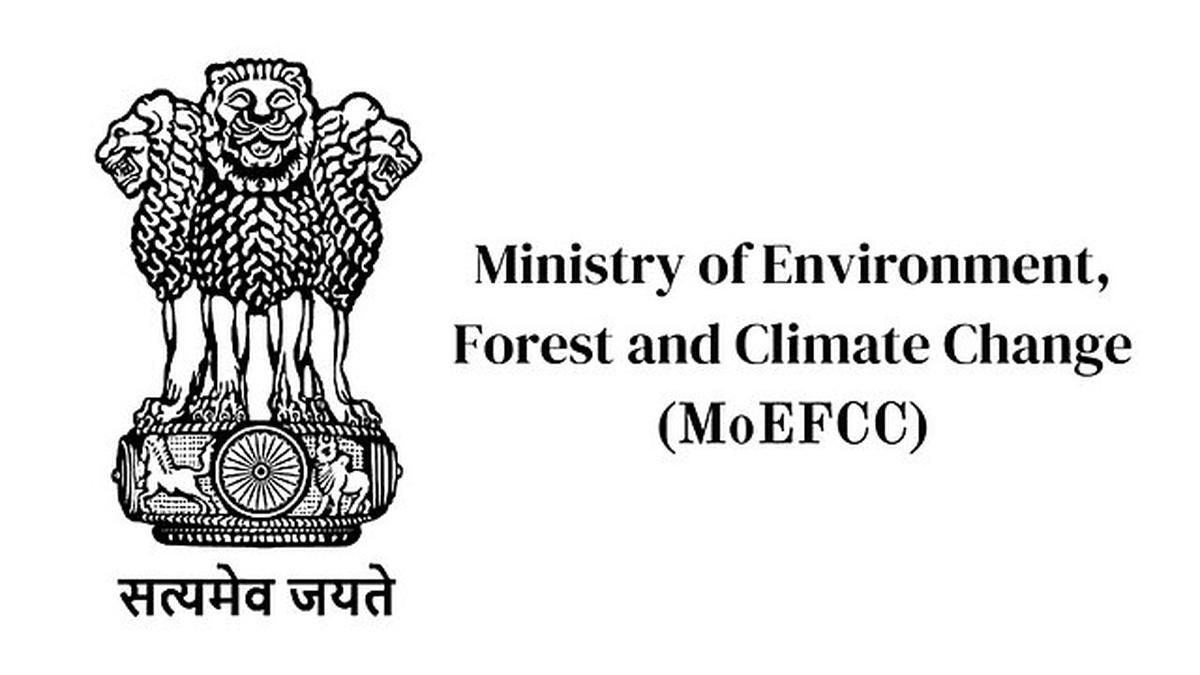Description
Disclaimer: Copyright infringement not intended.
Context:
The United Nations’ efforts to address critical environmental challenges hit multiple roadblocks this year, with four key summits — in Colombia on biodiversity, Azerbaijan on climate, Saudi Arabia on land degradation, and South Korea on plastics.
Failures at key environmental summits
- These meetings aimed to align global goals, ensure fair accountability, and mobilize adequate funding, but produced little or no progress.
- The lack of consensus has delayed critical action on biodiversity loss, climate finance, drought mitigation and plastic pollution, which greatly impact vulnerable countries.
Climate Summits 2024
Issue
|
Country
|
Key Challenge
|
Outcome
|
|
Biodiversity
|
Colombia
|
Failed to finalize financing mechanisms for sustainable land use practices.
|
Fell short of the $700 billion annual target.
|
|
Climate Change
|
Azerbaijan
|
Controversies over the transition to fossil fuels and insufficient financial commitments.
|
Inadequate support for developing countries.
|
|
Land Degradation
|
Saudi Arabia
|
Lack of consensus on a legally binding drought protocol.
|
No legally binding agreement achieved.
|
|
Plastic Pollution
|
South Korea
|
Opposition from nations dependent on plastic-based economies, prioritizing recycling over reduction.
|
No deal finalized for comprehensive plastic pollution reduction.
|
The role of youth in environmental pacts
- Youth-Led Litigation: Cases Like Held v. Montana in the US and Ridhima Pandey's petition in India show that young people are challenging inadequate climate policies.
- Human Rights Advocacy: Highlighting climate inaction as a rights violation demanding systemic, science-based reforms.
- Global movement: Young activists emphasize intergenerational equity and inspire governments and communities to prioritize sustainable policies.
- Courtroom success: Landmark decisions in Canada, the Netherlands and Germany highlight the potential of youth advocacy to shape policy.
Different national priorities
- A significant reason for the failures is the growing gap in national interests between developed and developing countries.
- Developing countries demand increased financial and technological support to solve their economic and climate problems.
- Developed countries are reluctant to commit additional resources citing domestic constraints.
Examples of deadlocks
- Disagreements over a $700 billion annual funding request for biodiversity conservation led to a stalemate at the Colombia summit.
- In Azerbaijan, developing countries have called for $1.3 trillion in annual climate finance, but only vague commitments have been made to raise funds from various sources.
- Discussions about transitioning away from fossil fuels and implementing the Paris Agreement's global inventory have wavered over accountability mechanisms.
- Talks in South Korea on plastic pollution have failed due to opposition from plastic-dependent economies to a legally binding treaty that prioritizes recycling initiatives instead.
Challenges from global crises
- The COVID-19 pandemic, geopolitical conflicts, and economic instability have diverted resources and attention from environmental priorities.
- Many developing countries face the double burden of inflation, debt, and climate vulnerability, which weakens their negotiating position.
Consequences of unsuccessful negotiations
- Critical actions to combat biodiversity loss, climate change and pollution are delayed increasing the risk of irreversible tipping points.
- Failure of multilateral processes can lead to disjointed regional actions that lack global coordination.
- Repeated failures undermine trust between nations and complicate future negotiations.
- Upcoming meetings face increased expectations to deliver meaningful results.
Strategies to regain momentum
- Developed countries must meet financial and technological commitments to build fair negotiations.
- Robust mechanisms for tracking progress and commitments are critical to rebuilding trust.
- Geopolitical tensions need to be addressed to ensure fair participation especially for vulnerable nations.
- The emphasis should shift from commitments to measurable actions and tangible results.
- Comprehensive strategies must recognize the links between climate change, biodiversity loss, land degradation and plastic pollution.
Conclusion
The failures of 2024 highlight the need for urgent, unified global action on environmental issues. Empowering youth, ensuring fair financial commitments and prioritizing collaborative strategies can pave the way for meaningful progress.
Source:
THE HINDU
|
PRACTICE QUESTION
Q.In 2024, four significant UN environmental summits faced challenges in achieving their targets. Discuss the key issues addressed in these summits and analyze the reasons behind their failure to meet the set goals. (250 words).
|















